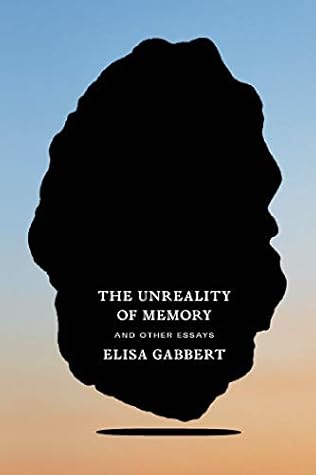More on this book
Community
Kindle Notes & Highlights
Read between
November 6 - November 9, 2021
Horror and awe are not incompatible; they are intertwined.
We believe we need to worry about the right problems, even if we can’t solve them.
Spectacular disasters like earthquakes, hurricanes, and floods are newsworthy, but climate change is not. You can package the symptoms, but not the disease.
A crowded world, then, has a dangerous opacity, providing cover for cruelty and corruption.
Temperature, essentially, is what thermometers measure. I never really understood this, but I think about it often. Or maybe I should say, what I think about is the elegant way the construction reduces what we understand.
The Swedish researcher Carl Cederström believes our current “happiness fantasy,” the delusion that we should or even can be happy, is based on something like personal fulfillment and “pursuing an authentic life.” But we look to cultural norms to tell us what is “authentic”—as though “good taste” were happiness. Cederström has also said, “It’s impossible to actually know what happiness is.”
But “modern expert advice is hopelessly devoted to ‘happy life’ happiness,” Hecht writes, at the expense of euphoric moments or simple happy days.


